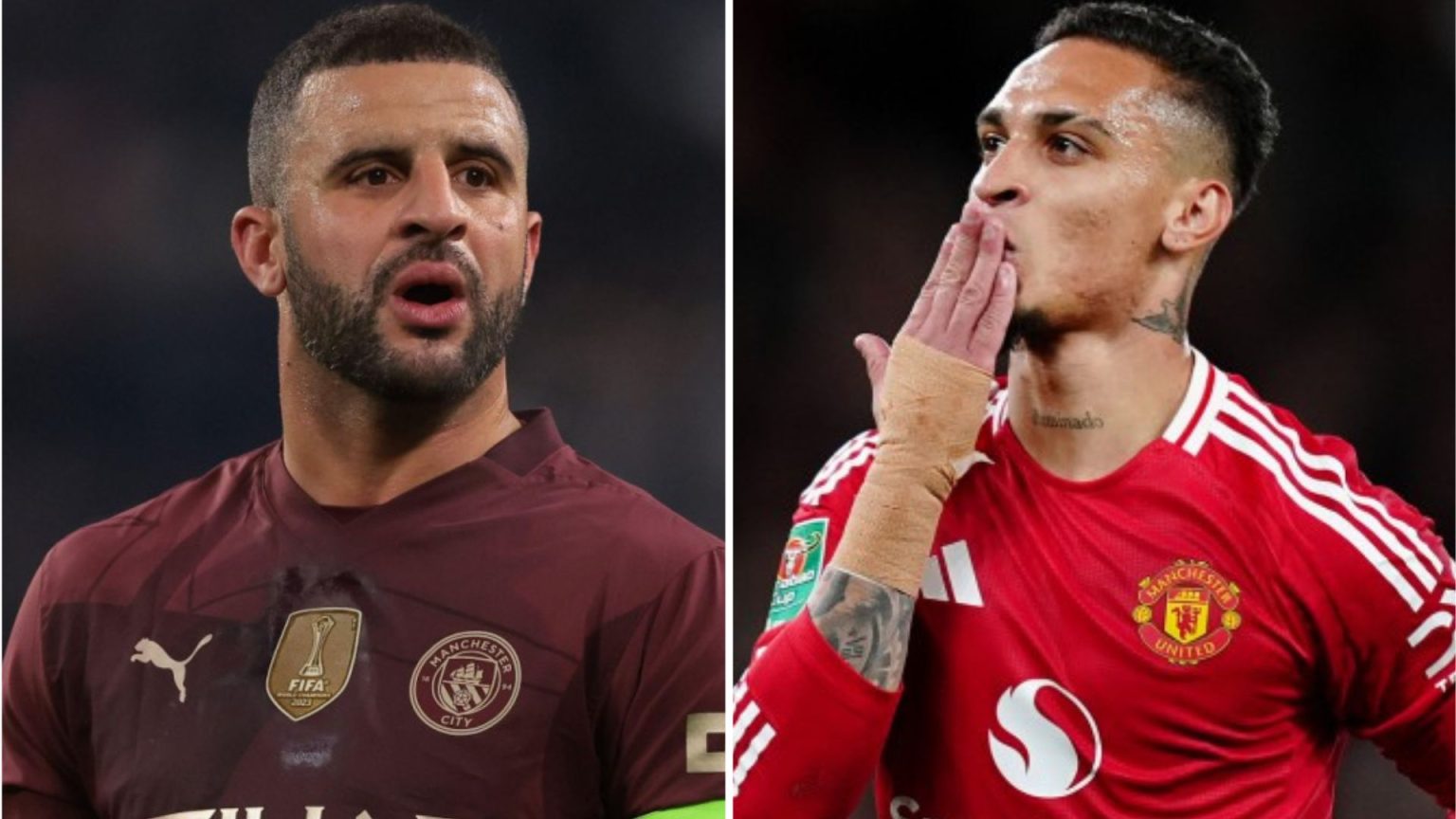Everton’s Impending Restructure Under New American Ownership
Everton Football Club stands on the precipice of significant change as its new American owners prepare to reshape the club’s operational structure. Director of Football Kevin Thelwell and Chief Scout Dan Purdy are reportedly facing dismissal, with their contracts expiring at the end of the season. Their tenures have been marked by financial constraints, particularly prior to the arrival of the new ownership group. The decision to sack former manager Sean Dyche further underscores the Americans’ desire for a fresh start, granting incoming manager David Moyes considerable influence in restructuring the football operations. This anticipated overhaul suggests a shift in strategy, potentially impacting player recruitment, scouting networks, and the overall footballing philosophy at Goodison Park.
Thelwell’s three-year stint as Director of Football saw him involved in the appointment of Moyes, who returned to the club after a previous successful spell. While Thelwell’s contribution to the club during a challenging period should be acknowledged, the new owners appear intent on implementing their own vision. Purdy, with over a decade of service in various scouting roles at Everton, also faces an uncertain future. The financial limitations faced by both Thelwell and Purdy during their respective roles inevitably restricted their ability to reshape the squad significantly. The new ownership’s willingness to invest and restructure signifies a departure from this era of austerity.
As the club embarks on this restructuring process, speculation abounds regarding potential replacements for Thelwell and Purdy. David Weir, currently the technical director at Brighton, has been linked with a return to Goodison Park, having previously spent eight years at the club as a player. However, Mick Doherty, a senior scout at Atalanta, emerges as a more likely candidate. Ironically, Doherty is credited with spearheading Atalanta’s pursuit of Everton striker Dominic Calvert-Lewin, highlighting the complex web of relationships within the footballing world. The appointment of either individual would bring distinct perspectives and experiences to Everton, potentially influencing the club’s transfer strategy and player development pathways.
Chelsea’s Valuation of Trevoh Chalobah and its Implications
In a separate development, Chelsea has placed a hefty £40 million price tag on defender Trevoh Chalobah, following his recall from a loan spell at Crystal Palace. This valuation reflects Chelsea’s belief in Chalobah’s potential and their desire to recoup a significant fee should they decide to sell. The 25-year-old centre-back made 14 appearances for Palace but now finds himself back at Stamford Bridge under the management of Enzo Maresca. While Chalobah could feature in Chelsea’s plans for the upcoming season, the club’s financial demands suggest a willingness to part ways should a suitable offer materialize.
Crystal Palace, having benefited from Chalobah’s services during his loan spell, appears unwilling to meet Chelsea’s valuation, particularly given the defender’s substantial wage demands of nearly £7 million per year. This discrepancy in valuation presents a potential obstacle to a permanent transfer, leaving Chalobah’s future uncertain. Chelsea’s stance reflects the complexities of modern football transfers, where financial considerations often outweigh sporting merit. The club’s willingness to sell at the right price underscores the evolving nature of player development and squad management within the context of financial fair play regulations and strategic investment decisions.
Chalobah’s situation epitomizes the precarious nature of a footballer’s career, where loan spells and transfer rumors become commonplace. While his recall from Palace initially suggested a potential role in Chelsea’s plans, the club’s subsequent valuation indicates a fluid situation. The confluence of financial demands, player wages, and club ambitions creates a complex equation that will ultimately determine Chalobah’s destination. The outcome of this transfer saga will not only impact Chalobah’s individual career trajectory but also reflect the broader dynamics of the transfer market and the strategic decisions made by clubs navigating the competitive landscape of modern football.











